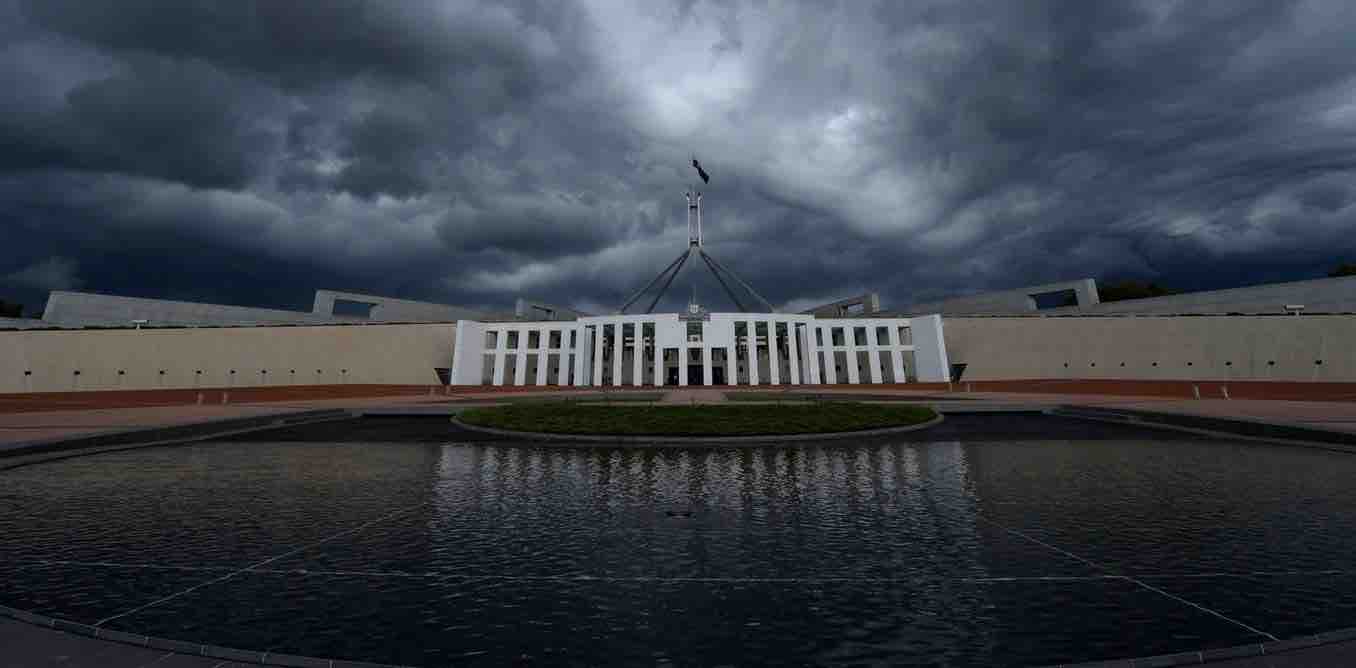So here we are again. Another system, another set of stories but the same question. How do we responsibly and efficiently reduce emissions?
Every time we have been here the Liberals and their cronies in the Business Council of Australia and the Institute of Public Affairs have refused to accept the need to reduce emissions.
There is really nothing much to complain about in the National Energy Guarantee now – other than the absurdly low emissions target.
Yes, the NEG is unnecessarily complex. Yes, it acts as a guarantee for fossil fuel generation; and yes, is it discriminates against renewables all over the place. But none of that would matter if the emission reduction target was right.
Unnecessary emissions from the generation of electricity are damaging our environment, critically and irreparably. If our politicians and business leaders don’t understand that then we must simply accept that they are ignorant.
Given most do understand it, then they know that any target that reduces emissions less than 2 per cent a year would be immoral – that it would be 50 years more of unnecessary damage inflicted on others. But at least they could console themselves with the fact it is only 50 years more.
The NEG has an emission reduction target of just 0.2 per cent a year. The support and acceptance of that target by any politician or business leader who is not ignorant must therefore represent a willingness to intentionally inflict damage.
Simply put, it is evil. And those corporate leaders who support such a target should consult their insurance policies, their board and their investors.
Let’s be 100 per cent clear on the question of liability. Scientists have confirmed with a “high confidence” level that failing to reduce emissions by much more than 2 per cent a year will have “irreversible impacts on some species, ecosystems and their ecological functions and services to humans.”
They have confirmed with “very high confidence” that failing to reduces emissions much more than 2 per cent a year will result in “the majority of warm water coral reefs, for example, are already experiencing the large scale loss of coral abundance ( cover) today and would lose a further 70-90 per cent of cover at 1.5°C global warming”.
I could go on, but scientists have confirmed clearly that an emissions target as weak as suggested in the NEG will inflict unnecessary damage on vulnerable communities, our environment, our farms, our tourism industry, our way of life.
It is truly sad, but one has to declare that our business leaders and politicians who are not speaking up and are not ignorant are putting personal self-interest, short-term corporate profits and ideological dogma ahead of globally accepted science and the future of their grandchildren.
As for the the question of investment certainty, well “pull the other one”! To think that a policy that defies science is a policy you can invest in with certainty is a complete and utter joke.
Put in a 2 per cent a year minimum emissions reduction floor and we can move forward being selfish rather than immoral.
Oliver Yates is a former chief executive of the Clean Energy Finance Corporation and a director of the Smart Energy Council.










